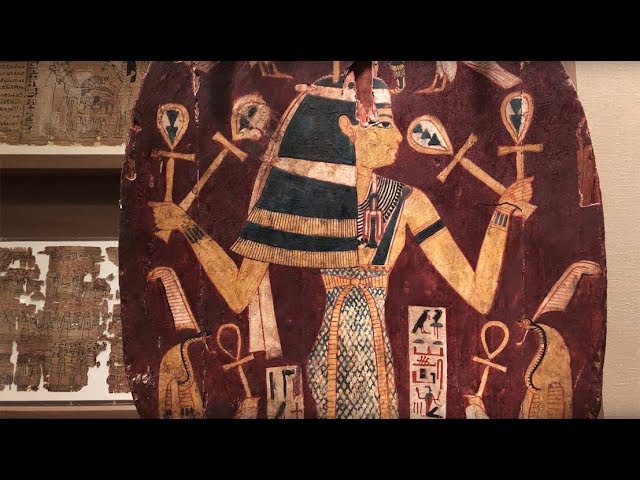Egypt is a country in North Africa, known for its ancient civilization and some of the world’s most famous monuments, including the Giza pyramid complex and its Great Sphinx. The country is bordered by the Mediterranean Sea to the north, the Gaza Strip and Israel to the northeast, the Red Sea to the east, Sudan to the south, and Libya to the west. Egypt has been a cradle of civilization for thousands of years and is home to some of the oldest and most impressive monuments in the world.
History
The ancient Egyptians built the first civilization in the Nile Valley around 3100 BC. Over the centuries, the Egyptians developed a complex and advanced culture, with a system of writing, an organized religion, and a central government. They built the Great Pyramids at Giza and constructed temples and monuments to honor their gods. The ancient Egyptians also developed many of the technologies we use today, such as paper, glass, and metalwork.
Culture
Egypt is a country steeped in culture and tradition. Ancient Egyptian culture is still evident today in the country’s art, music, and literature. Egyptians are also known for their hospitality and generosity. Egyptians are proud of their culture and many of them still wear traditional clothing. Music is an important part of Egyptian culture and traditional instruments such as the tabla and the ney are still used.
Religion
The majority of Egyptians are Muslim and Islam is the official state religion. The country is home to one of the oldest Christian communities in the world, the Coptic Church. There are also small populations of Jews and Baha’is. Despite the religious diversity, the government has a policy of religious tolerance.
Economy
Egypt’s economy is largely dependent on tourism, agriculture, and industry. Tourism is a major source of income, as the country is home to some of the world’s most famous monuments. Agriculture is also important, with cotton and wheat being the main crops. Industry includes textiles, chemicals, and metalworking. The government has taken steps to diversify the economy and attract foreign investment.
Geography
Egypt is located in North Africa, on the Mediterranean Sea and the Red Sea. It is bordered by Sudan to the south, Libya to the west, and Israel and the Gaza Strip to the northeast. The country has a total area of 1,001,450 square kilometers. The capital and largest city is Cairo, with a population of over 20 million people.
Climate
Egypt has a hot desert climate with long, hot summers and mild winters. The temperatures can reach up to 45°C in the summer and drop to 10°C in the winter. Rainfall is minimal and most of the country receives less than 50 mm of rain per year. The Nile River is the main source of water for the country.
Wildlife
Egypt is home to a wide variety of wildlife, including gazelles, jackals, hyenas, and the rare desert lion. The country is also home to over 400 species of birds, including the beautiful Egyptian vulture. The Red Sea is home to many species of fish and coral reefs, and is a popular destination for scuba divers.
Conclusion
Egypt is an ancient country with a rich history and culture. It is home to some of the oldest and most impressive monuments in the world, and has a diverse and vibrant population. The economy is largely dependent on tourism, agriculture, and industry, and the government has taken steps to diversify and attract foreign investment. Egypt is a fascinating country with something to offer everyone.
